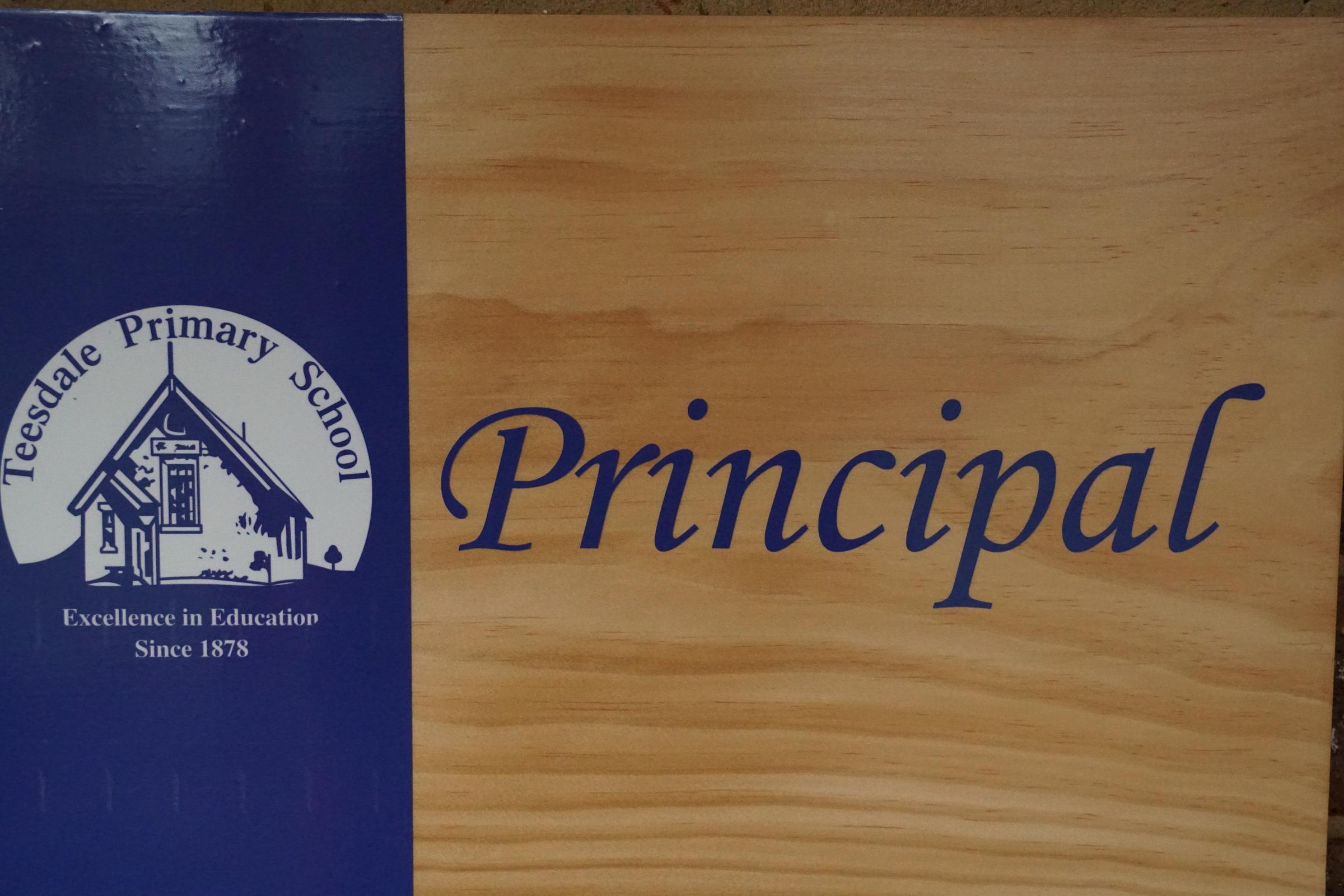
Mr Irwin's Message
Mr. Irwin's Message
Hello Families and welcome to this week’s newsletter,
I wanted to take some time in this week’s newsletter to talk about effective communication between school and families.
A positive relationship between school and home is something we place high importance on because we know it has an impact on the learning and engagement of our students.
Families will be aware we offer communication via Sentral, phone contact, scheduled meetings and my personal favourite the ‘at the gate chat’ in the afternoon. The time between 8:45am and 9:00am at drop-off isn’t an appropriate time to be having an extended conversation with your child’s teacher. This is scheduled time for each classroom’s morning routine and this needs to be respected. This time sets all students up for a successful day of learning.
Statement of Values and Philosophy
The expectations for the conduct of all members of our community is set out in our statement of values.
Some key aspects of this relevant to communication between staff and parents are that;
School staff will;
Communicate politely and respectfully with all members of the community.
Proactively engage with parents about student outcomes.
Work collaboratively with parents to improve learning and wellbeing outcomes for students with additional needs.
Parents and carers will;
Model positive behaviour to their child.
Communicate politely and respectfully to all members of the school community.
Communicate constructively with the school and use expected processes when raising concerns.
Treat all school leaders, staff, students and other community members with respect.
Myself as Principal and School Leaders will;
Communicate positively and respectfully with all members of the community.
Ask any person who is acting in an offensive, intimidating or otherwise inappropriate way to leave the school grounds.
A full copy of the school’s statement of values and philosophy can be accessed here
At the start of each year my encouragement is that we welcome families to respectfully raise any concerns they may have early and seek clarification from teachers or school leadership, rather than dwell or be consumed by something we could address and provide support to rectify early in the year. Students come home from school tired and emotional after a big day and something they’re describing as being distressing or upsetting may need follow up and attention, or may have been overblown with emotions. Seeking clarification when this happens can provide the support or reassurance required to move forward positively.
Distressing Behaviours & Bullying
Over the holidays I read some research that indicated on average students will experience three instances of conflict at a break time at school. It’s interesting to consider this as it means over the course of a day children may experience up to 6 things from recess and lunch they find challenging.
We can perhaps expect after two years that have impacted student wellbeing this may even be higher at present. It begs the question; how do you support your child through these challenges at school, and when should you be getting in touch with your child’s teacher for support?
If you are becoming concerned that your child is experiencing repeated, impactful behaviour at school that we aren’t aware of it’s important to let us know. As research indicates children are each day going to experience conflict, however bullying occurs when this is continued, targeted and impactful, which has no place at Teesdale Primary.
We accept children will make mistakes with behaviour, but won’t accept repeated and targeted behaviour that impacts other students. With our provision of staff on Active Supervision we have good surveillance of the yard but understand we won’t be aware of everything that occurs in the yard or in class. If your child is mentioning repeated physical/verbal behaviour towards them it is absolutely worth notifying their teacher so we can commence work to put a stop to it immediately. Of course students reporting this behaviour immediately to a staff member is the best thing your child can do. Teachers won’t immediately stop learning time to address an issue, but you can expect we will work proactively and discretely once made aware of an issue to resolve it.
The most powerful support we use in these instances is the Restorative Practice framework. This is an evidence based resolution process that seeks to resolve conflict in a constructive manner.
I’ve attached our current Bullying Prevention Policy which further explains what bullying is and the steps we will take to remediate it should it arise.
In week five of Term, staff will be making contact with the family of all students to check-in. This is a valuable time for teachers to provide some insight on how children have settled into the year and hear from parents on their perspective at home.
In the meantime I’ve been impressed with how students have settled into the routine of learning at school and immersing themselves in their knowledge units on Australian History and Government in Literacy. There is already great rigour in learning across the school in calm and settled classrooms. Well done to our students for the way they’ve settled back into the year.
Bye for now!
